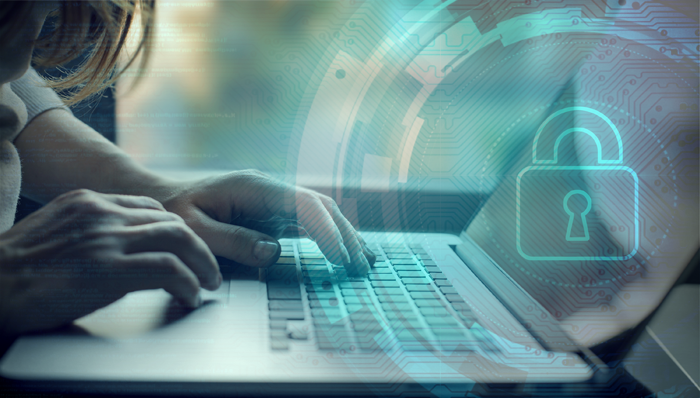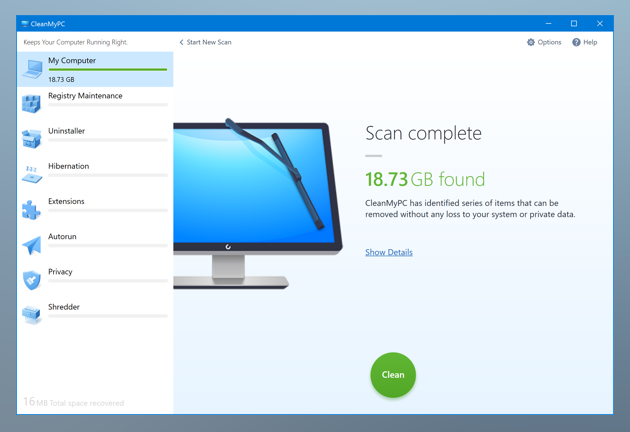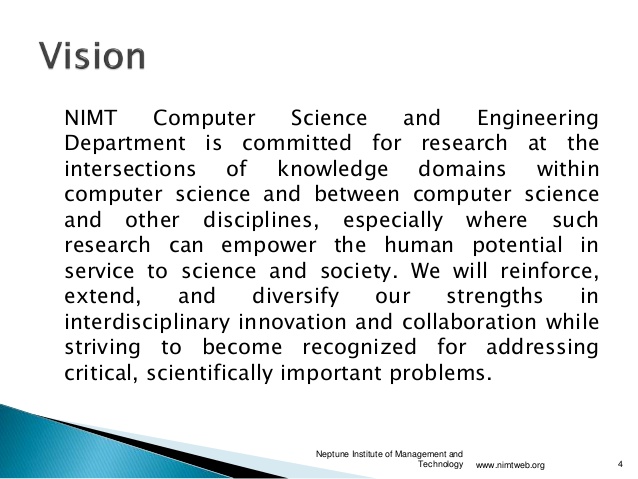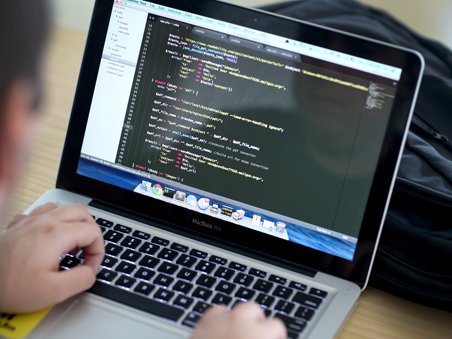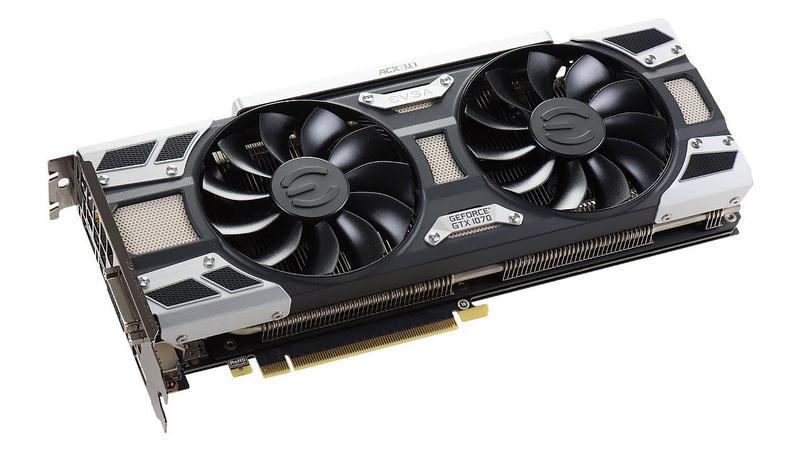Everyone has to deal with security today with all credit card frauds and identity fraud. There are many things you can do to protect your computer and your security. Follow these 8 steps and you will be better protected against security threats.
Disable unnecessary processes
Many programs run in the background on your computer, and some of them open ports that allow a hacker to enter your computer. By closing these programs that are mostly useless, we can eliminate the amount of ports we have open on a computer.
Install Anti-Virus and Anti-Malware
This is an absolute necessity for anyone with a computer connected to the Internet. An up-to-date anti-malware program can be purchased virtually anywhere, including online. Symantec is a popular option that offers a complete program to cover everything. Some third-party software also works well. Adware Bot and Spy No More – Anti-spyware
Enable Windows Firewall or install a personal firewall
As mentioned in Tip # 1, open ports on our computer may eventually allow a hacker to enter. Windows Firewall (provided for free with Windows) can block these types of ports. You can also purchase a third-party firewall program that will help you block these ports. Many third-party companies offer excellent firewall programs. Gold Firewall
Having a router between you and the internet
Some ISPs (Internet service providers) such as cable allow you to connect to their modem, which gives your computer a public IP address. By installing a router between your ISP modem and your computer, you can not only share your Internet connection, but you also protect yourself by not publishing your IP address on the Internet.
A simple router is relatively inexpensive depending on the features you get with it as wireless. Places like Best Buy and Global Computers have these routers.
Disable the guest account on the computer
The guest account for Windows XP Professional is disabled by default, but it is always a good idea to check and verify.
Keep your computer up-to-date with the latest Windows updates and virus definitions updates.
Windows workstations must be constantly updated to remain secure. You can access Windows updates and get free updates from Microsoft Windows.
Virus definition updates must be purchased from the company.
Back up important data
Backing up data is not really a security feature to protect your computer, but more to protect you. If your computer is hacked or crashes if your data is backed up, you will not lose your data.
Download and install only trusted software
Software downloaded from the Internet is one of the most used ways for computers to fight against viruses and malware. Some programs downloaded from unknown sources contain viruses embedded in the program.
The best way to protect yourself against this is to not download software unless it comes from a completely reliable site.
By following these eight steps, you can significantly reduce the risk of being hacked or infected with a virus. The most important thing is to use common sense and stay protected.


